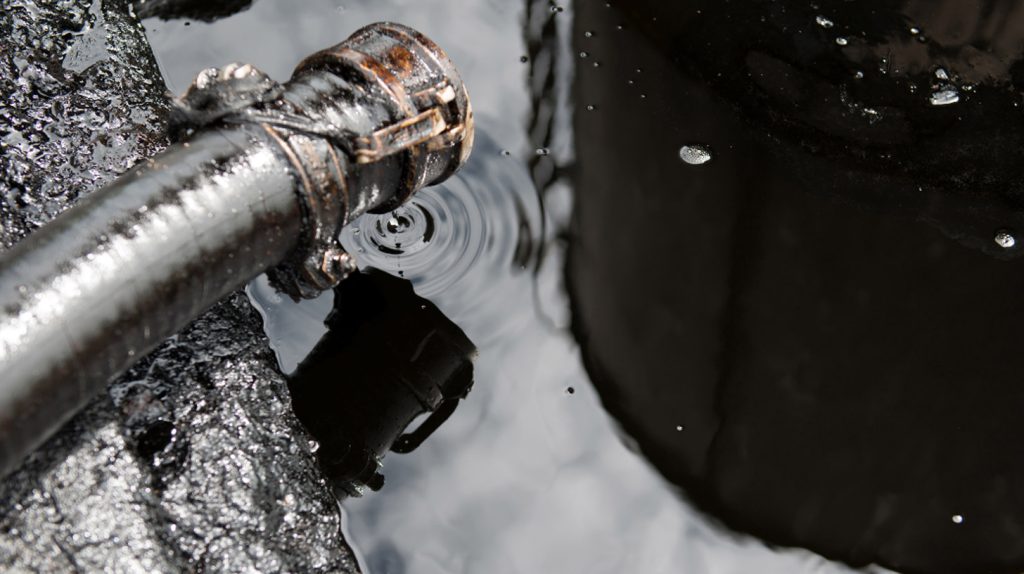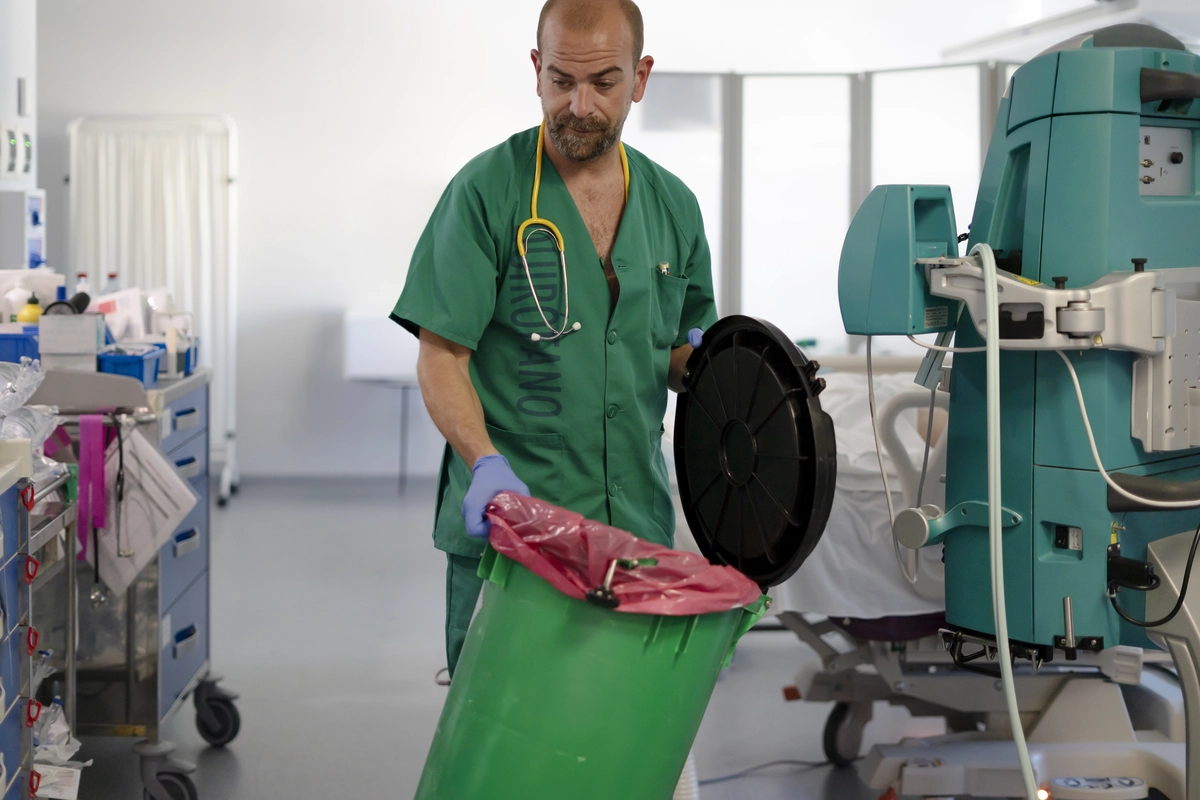The oil production and petroleum refining industries generate a large amount of sludge and tank bottom material as waste. Considering that the landfilling option has slowly been narrowed, the disposal and cleaning of these hazardous materials has become a major problem due to environmental regulations.
A number of waste recovery and treatment processes are introduced to the local industries in order to maximize the waste oil recovery from sludges (and/or tank bottoms) and, to minimize the volume of hazardous waste.
Here are a few benefits of using thermal desorption for tank bottom recycling:
- Cost-effective
- High volume processing capacity
- Are efficient, safe and reliable
- Adapt and meet throughput temperatures
- Easy to operate
- Environmentally-friendly
- Can be used for a variety of applications
- Minimizes landfilling quantities
- Great alternative to traditional waste management methods

1- Cost Effective
As you may know, the thermal desorption process is subject to USEPA’s regulations under Subtitle X, regulations that are significantly different and less stringent when compared to those applied to the incineration technologies, technologies that have to comply with extensive (and high-cost) Subtitle O emission guidelines.
Thermal desorption units are systems that are allowed to process RCRA hazardous waste for the recovery of hydrocarbons for recycling purposes, as an alternative to traditional incineration systems that are substantially more expensive to build and permit.
For this reason, thermal desorption enables a faster return of investment when compared to traditional, high-cost, incineration systems.
2- High volume processing capacity
Thermal desorption is a super effective and fast process when compared to most commercial systems capable, in some cases of over 20 tons per hour throughput.
Thermal desorption systems can clean over 20 tons of polluted soil per hour. Tough to process streams such as mixed hazardous waste are quickly and safely remediated. The time it takes to clean up a site using thermal desorption depends on the amount of polluted material, the condition of the material, and the type (and amounts) of harmful chemicals present.
3- Are Efficient, safe and reliable
Thermal desorption technology is a clean, safe, reliable solution for managing wastes. Through this process, waste streams are remediated, delisted, and commercially valuable materials recycled – all through a single all-in-one system.
This process maximizes the recovery of hydrocarbons and valuable metals from the feedstock while drastically reducing and in some cases eliminating the amount of waste requiring landfill disposal.
4- Adapt and meet throughput temperatures
Thermal desorption is commonly used to process organic materials such as oil-bearing material from refineries. Thermal desorption can be customized to adapt and meet the throughput and devolatilization temperatures required.
5- Easy to operate
Another great benefit of thermal desorption systems is that once the system is designed and built, they are generally easy to operate. Thermal desorption systems come with a control panel that monitors and controls all the parameters of the process. This makes it easy for the operator to monitor the process and make necessary adjustments.
6- Environment-friendly
Thermal desorption is an environment-friendly process as it does not generate any effluent, making it a great choice for those who are looking for a green and sustainable solution.
7- Can be used for a variety of applications
Thermal desorption can be used for a variety of applications including the treatment of contaminated soils, oil sludges, and tank bottoms. It can also be used for the recovery of valuable hydrocarbons from waste streams.
8- Minimizes landfilling costs
Thermal desorption is a great way to minimize landfill costs. The process can remove hazardous constituents from waste streams, making them safe for disposal in landfills.
10- Great alternative to traditional waste management methods
Thermal desorption is a great alternative to traditional waste management methods such as incineration. The process is less expensive, more efficient, and easier to operate.
References
How To Evaluate Alternative Cleanup Technologies For Underground Storage Tank Sites – https://www.epa.gov/sites/production/files/2014-03/documents/tum_ch6.pdf
SEPARATION AND RECOVERY OF OIL FROM OILY WASTE MATERIALS USING ANAEROBIC THERMAL DESROTPION UNIT TECHNOLOGY – https://www.rlctechnologies.com/pdf/RLC_Technologies_-_Indirect_Thermal_Desorption.pdf
ASSESSMENT OF SLUDGES AND TANK BOTTOMS TREATMENT PROCESSES – http://www.oilfluxamericas.com/pdf/Oil%20Flux_Assessment%20of%20Sludges%20and%20Tank%20Bottoms%20Treatment%20Processes_kam_18.pdf



